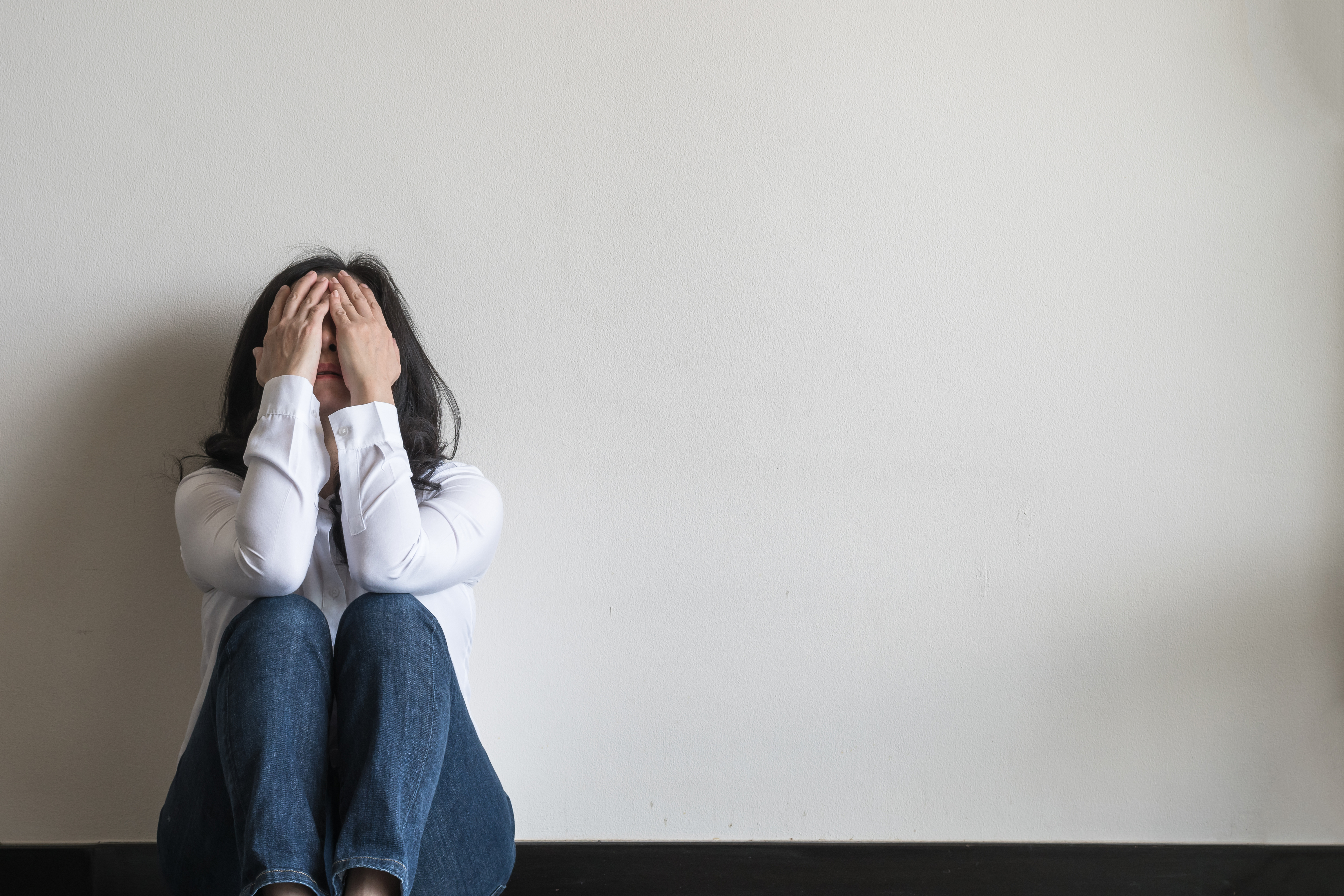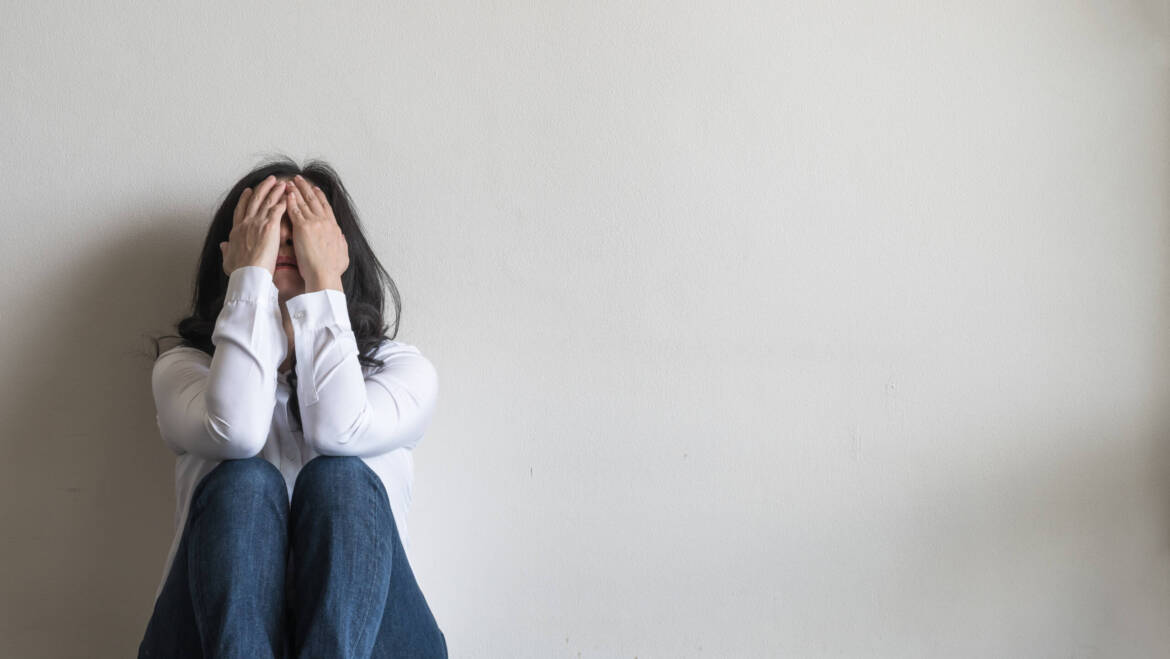 Everyone reacts differently to stressful situations. Each individual’s experiences and living conditions can create unique circumstances in times of crisis. However, it’s important to remember that in times of uncertainty, it is natural to feel some anxiety. With the current COVID-19 (Coronavirus) outbreak; things are more uncertain than ever for some. While many are focused on caring of their loved ones, it’s essential that we remember to care for ourselves, too. Even in the face of uncertainty, there are things that we can do to manage our fears.
Everyone reacts differently to stressful situations. Each individual’s experiences and living conditions can create unique circumstances in times of crisis. However, it’s important to remember that in times of uncertainty, it is natural to feel some anxiety. With the current COVID-19 (Coronavirus) outbreak; things are more uncertain than ever for some. While many are focused on caring of their loved ones, it’s essential that we remember to care for ourselves, too. Even in the face of uncertainty, there are things that we can do to manage our fears.
Recognize and Understand Your Anxiety
Some anxiety during times like this is normal, but it can easily turn to panic when feelings of unease go unrecognized. Some groups who may be at risk of exhibiting a stronger stress response to the current situation are:
- People with existing anxiety disorders
- Health professionals tasked with responding to the outbreak
- Parents of young children or teenagers
- Children of aging parents
- Children and Teens
- Older people and those with chronic diseases
- People struggling with substance abuse
These groups of people at risk of a higher-stress response are not the only ones who may have heightened fears currently. However, due to the possibility of elevated stress, it’s important to take a moment to assess your behaviors and identify abnormal responses. Some stress responses may include:
- Increased irritability
- Difficulty concentrating
- Trouble sleeping/sleeping too much
- Increased substance use
- Thoughts of fear for your loved ones and your own safety frequently throughout the day
Those who resonate with the listed behaviors (or those who know someone who does) may benefit from practicing/sharing some of the following tools for coping with stress in the current climate.
Ways You Can Support Yourself
Stay informed, but not over-saturated with news. By sticking to reliable sources for news, and limiting daily exposure, anxiety can be decreased. Reliable sources may include the Center for Disease Control and Prevention (CDC), World Health Organization and your local public health authorities. If the media becomes too overwhelming, it may be a good idea to ask a trusted friend to share the news with you. Sometimes hearing it from someone you know and trust can make a big difference.
Staying home doesn’t mean staying disconnected. Make an effort to stay in touch with your loved ones. Having a regularly scheduled phone call or video chat with a trusted person can prevent isolation and withdrawal from society. Keep note of how your friends and family make you feel when you speak to them. Spending this time talking to someone who increases your stress-levels may make things worse for both parties.
Ground yourself in the present moment. By taking the time to experience the present moment, you are taking a break from negative thoughts and “what-ifs”. There are many grounding methods, but some ways to do so include taking note of your surroundings; smells, sights, feelings, breathing patterns. Other ways to ground yourself include taking a walk or a cold shower. The goal is to find a way to focus on the now and not the uncertainties of the future.
Decrease your risk, to decrease your anxiety. There is lots of information circulating on ways to reduce your risk for contracting or spreading COVID-19. By following these guidelines as closely as we can, we can reduce the stress associated with possibly becoming infected. Social distancing, proper handwashing, and following medical advice for pre-existing conditions are all ways that we can reduce the risk of complications from the novel Coronavirus. Though many are not in positions to practice these methods as closely as they’d like to, we can take comfort in the efforts that we do make.
Now is the time to support each other. If helping people is something that makes you happy, it’s a good time to do so! Be aware of the behaviors and feelings of those around you (friends, children, parents, coworkers) and try to share methods in which they can cope with the current climate. Most importantly, remember that you can’t uplift others when you aren’t caring for yourself. If you feel like you need it, ask for help.
Further resources:
Coping with Disaster (CDC): https://emergency.cdc.gov/coping/index.asp
Mental Health Hotline: 866-202-4357
NJ Hopeline: 1-855-654-6735

